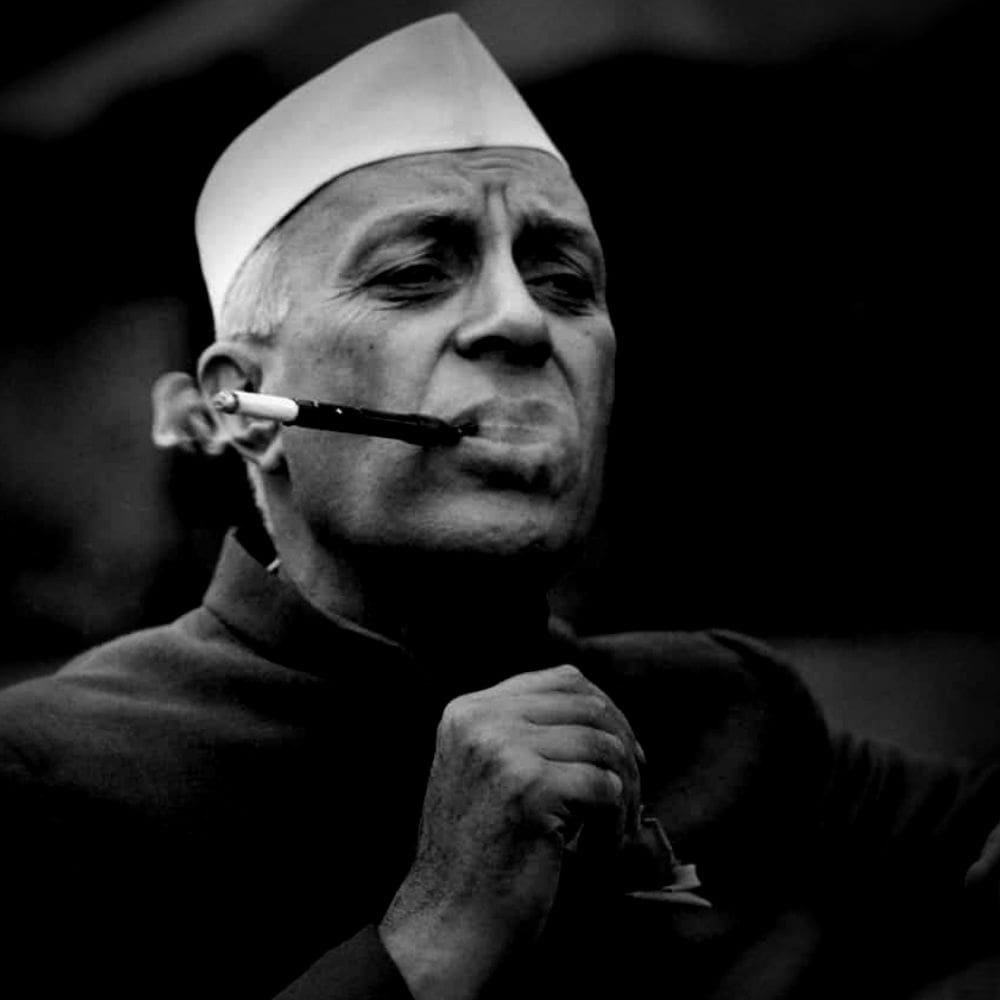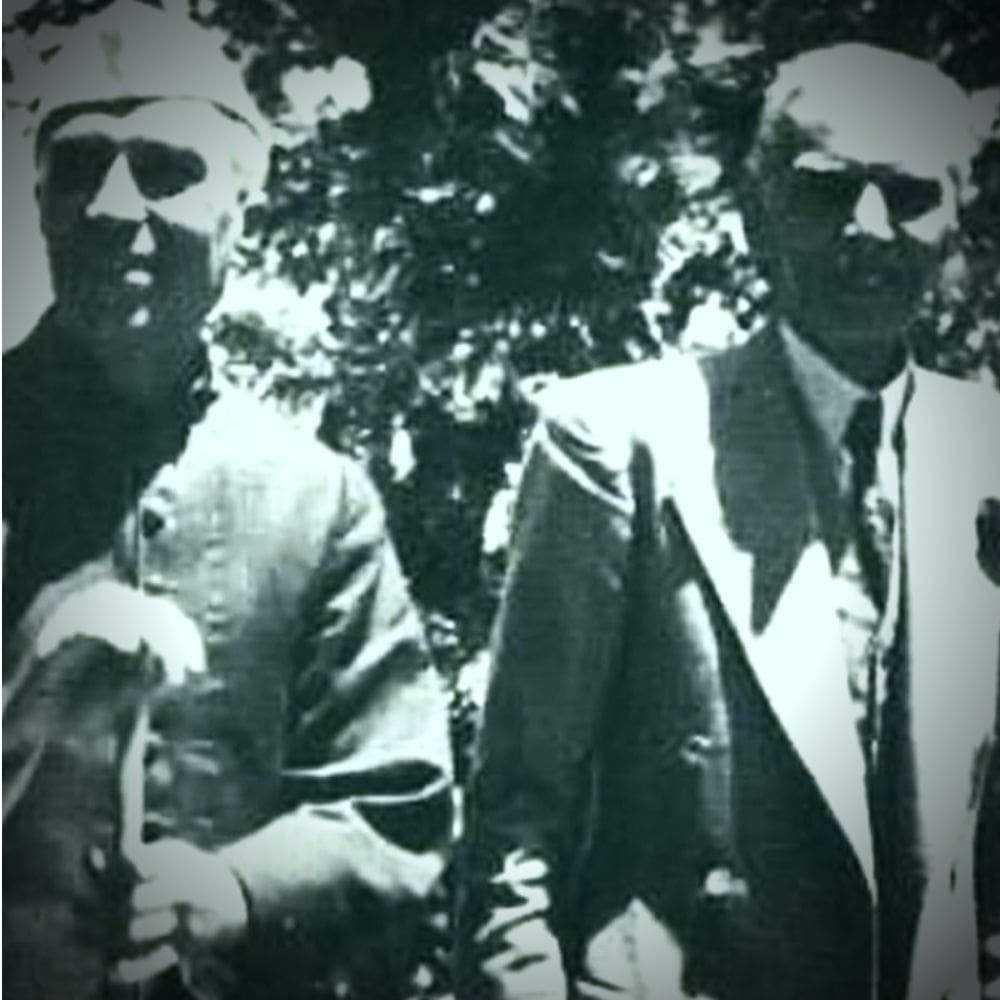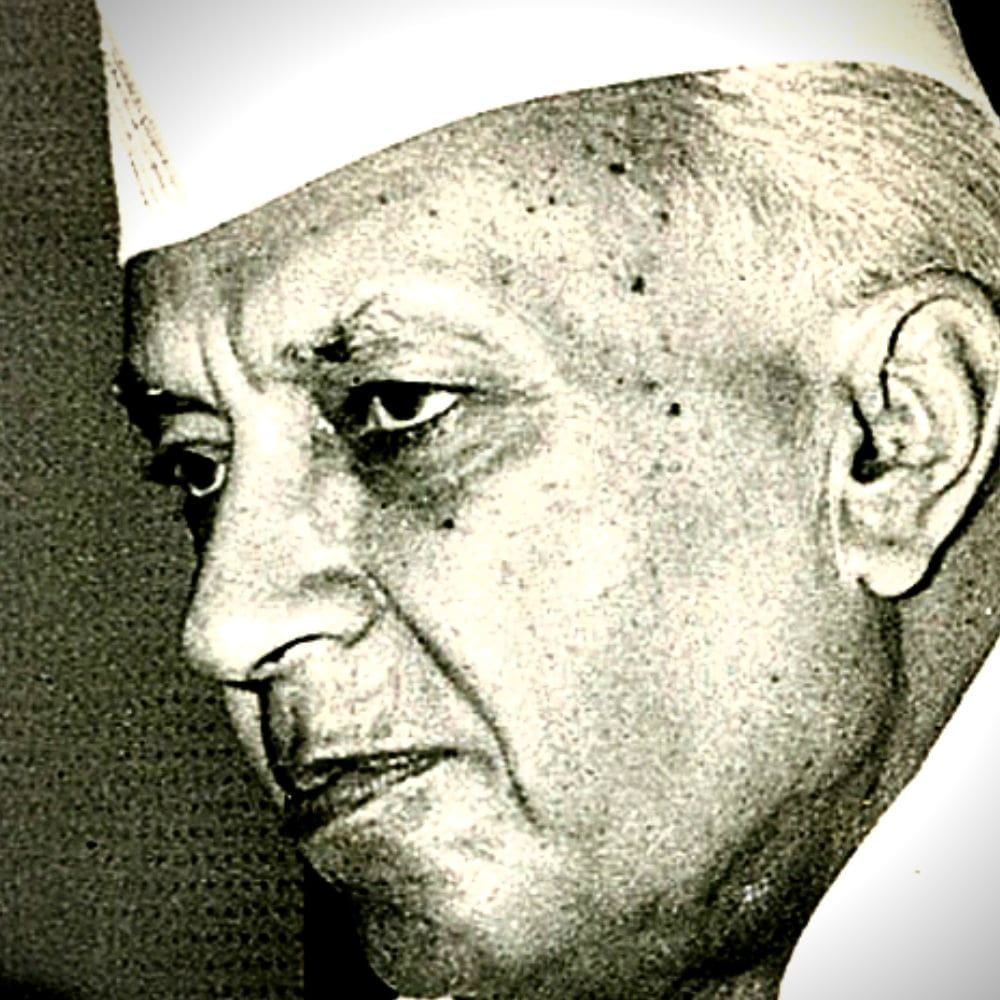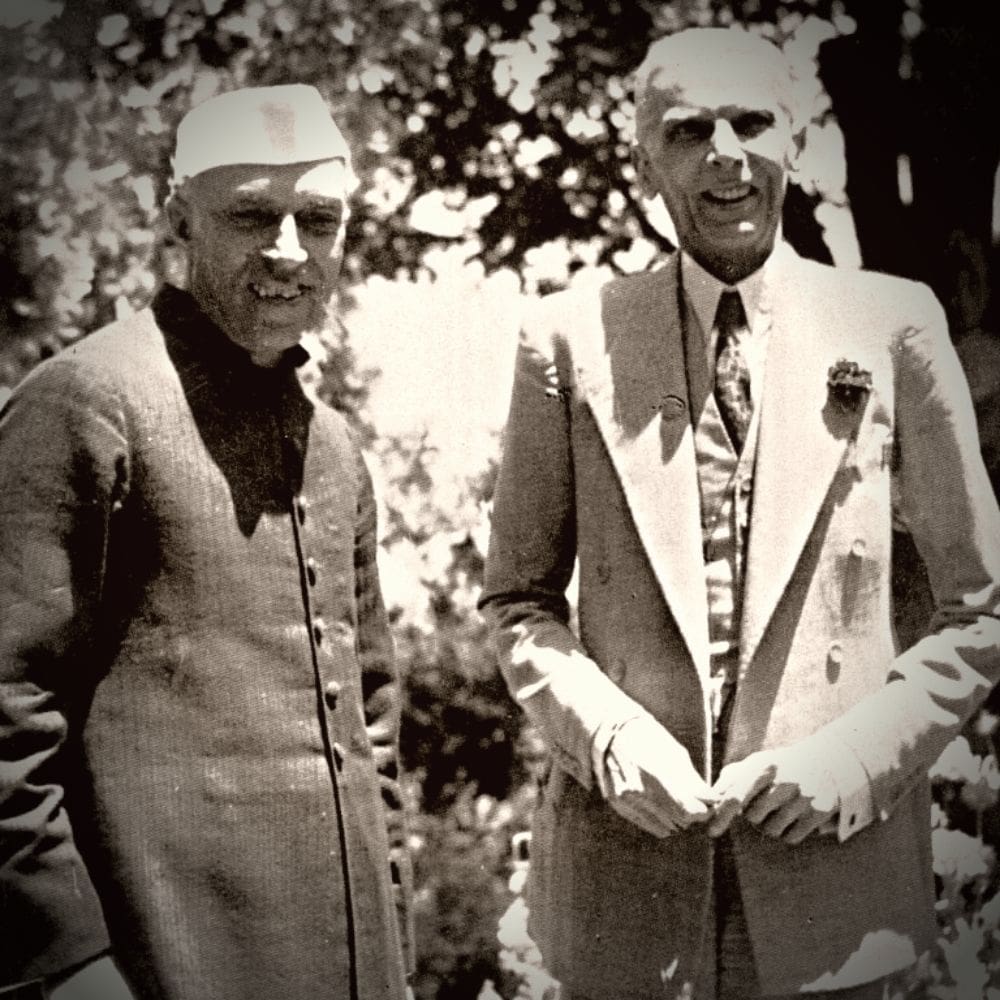Not many blunders are listed under Nehru’s ‘Pre-independence Blunders’
below, compared to his ‘Post-independence Blunders’ later, because in the
former period Nehru was not fully in-charge. There was Mahatma Gandhi
on top, and there were many other leaders of stature, to keep him in check.
Despite that, whenever Nehru held an official position bestowing him with
some discretion, and an opportunity presented itself,…
BRITISH JAILS: NEHRU/TOP-GANDHIANS AS VIPS VS. OTHERS
In sharp contrast to the top Gandhians, who were treated very well in jails, the condition of Indian political prisoners, including revolutionaries, in jails was terrible: their uniforms were not washed for several days; rats and cockroaches roamed their kitchen area; reading and writing materials were not provided to them....





